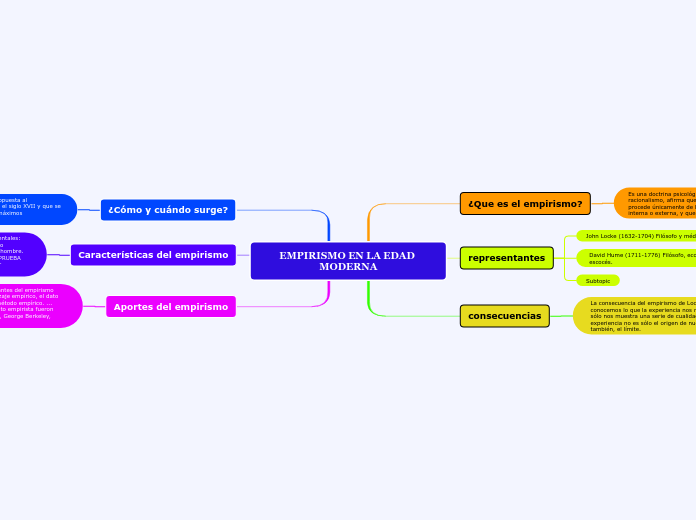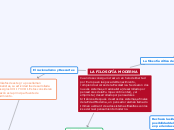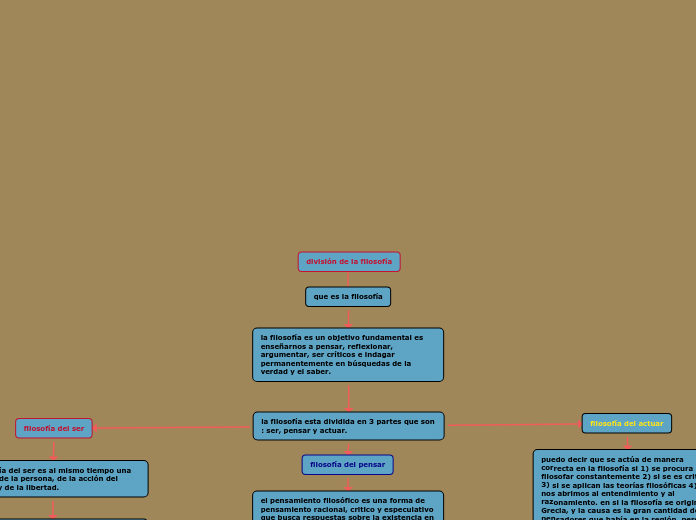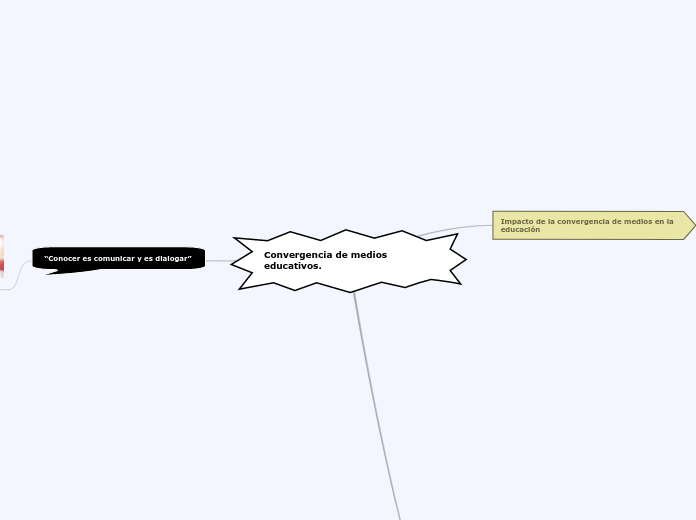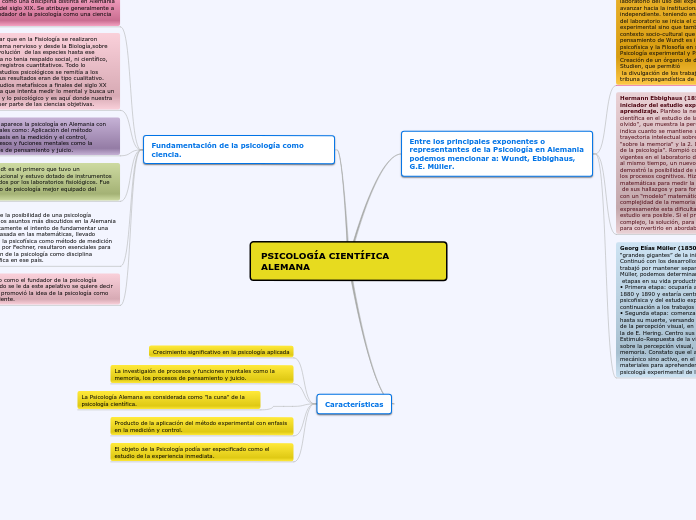EMPIRISMO EN LA EDAD MODERNA
Conflict is present everywhere in the world around us. We experience conflict on a daily basis, and it can be minor or major.
Conflict in a story is a struggle between opposing forces. Characters must act to confront those forces and there is where conflict is born. If there is nothing to overcome, there is no story. Conflict in a story creates and drives the plot forward.
Aportes del empirismo
In this type of conflict, a character must take on society itself, and not a single person. The character stands at odds with societal norms and realizes the necessity to work against these norms. This is an external conflict.
Algunas de las aportaciones más importantes del empirismo son el conocimiento empírico, el aprendizaje empírico, el dato como elemento básico informativo o el método empírico. ... Los principales exponentes del movimiento empirista fueron los filósofos Thomas Hobbes, John Locke, George Berkeley, David Hume, entre otros
Características del empirismo
This situation results from a protagonist working against what has been foretold for that person. While this conflict was more prevalent in stories where gods could control fate, such as in ancient Greek dramas, there are still examples of this type of conflict in more contemporary literature.
El empirismo se caracteriza por dos aspectos fundamentales: a)NIEGA LA ABSOLUTIZACIÓN DE LA VERDAD o, como mínimo niega que la verdad absoluta sea accesible al hombre. b)Reconoce que TODA VERDAD DEBE SER PUESTA A PRUEBA y, a partir de la experiencia, puede eventualmente ser modificada, corregida o abandonada.
¿Cómo y cuándo surge?
A more contemporary type of conflict, this situation results from humans involved in a struggle with man-made machines. This is an external conflict.
El empirismo es una corriente filosófica opuesta al Racionalismo que surge en Inglaterra en el siglo XVII y que se extiende durante el siglo XVIII y cuyos máximos representantes.
consecuencias
This conflict develops from a protagonist’s inner struggles and may depend on a character trying to decide between good and evil or overcoming self-doubt. This conflict has both internal and external aspects, as obstacles outside the protagonist's force them to deal with inner issues.
La consecuencia del empirismo de Locke es que sólo conocemos lo que la experiencia nos muestra. Y la experiencia sólo nos muestra una serie de cualidades sensibles. La experiencia no es sólo el origen de nuestro conocimiento, sino también, el límite.
representantes
In this type of conflict, a character is tormented by natural forces such as storms or animals. This is also an external conflict.
Subtopic
David Hume (1711-1776) Filósofo, economista e historiador escocés.
John Locke (1632-1704) Filósofo y médico inglés.
¿Que es el empirismo?
A situation in which two characters have opposing desires or interests. The typical scenario is a conflict between the protagonist and antagonist. This is an external conflict.
Es una doctrina psicológica y epistemológica que, frente al racionalismo, afirma que cualquier tipo de conocimiento procede únicamente de la experiencia, ya sea experiencia interna o externa, y que esta es su única base.
